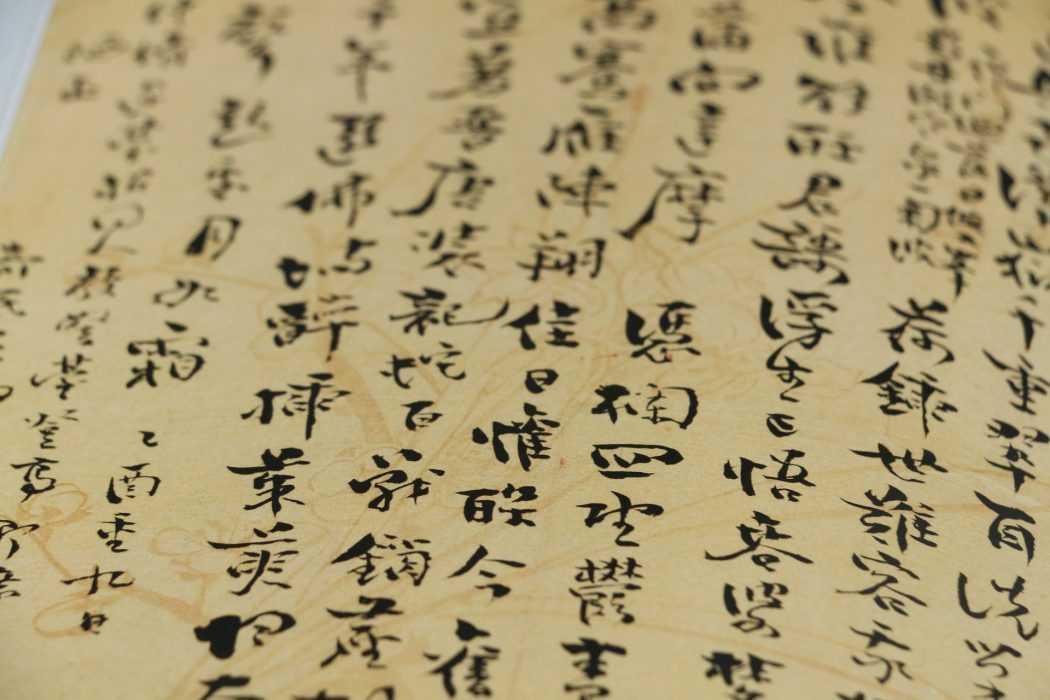Notice on Further Regulating the Use of Language In Publication Texts

Release Date: 12-20-2010
Source: SAPPRFT website
Provinces, autonomous regions and municipalities of Press and Publication Bureau of Xinjiang Production and Construction Corps, Press and Publication Bureau, the Propaganda Department of the PLA General Political Department of Press and Publication Bureau:
Newspapers, books, audio-visual products and books, the Internet and other publications as a mass of important media are made by practitioners and propagandists of language standardization. Over the years, they have made important contributions in standardizing the use of language and propaganda and promoting the standardization of language, and have played an active role as a model for the correct use of language. However, with the development of economy and society, the use of foreign languages has increased dramatically in newspapers, periodicals, books, audio-visual products, e-books, and the Internet. Various forms of Chinese and foreign languages such as English, the direct use of English words or abbreviations, the creation of some non-Chinese, African, and ambiguous words, and other misuses of language, have seriously impaired the standardization and purity of Chinese language and characters, and damaged a harmonious and healthy language and cultural environment. This has had a poor impact on society.
October 31 this year marks the 10th anniversary of the publication of the “National Law of the People’s Republic of China”. Media and publishers should take this as an opportunity to vigorously publicize the “National Law of the People’s Republic of China” and implement it seriously its relevant legal provisions. In order to further promote the standardization and standardization of languages, we must conscientiously implement the requirements of the central government on regulating the use of published languages. Regulations are hereby announced of issues related to further strengthening the use of published Chinese characters:
1. Fully understand the significance of standardizing the use of Chinese characters. Various types of publishing media and publishing units must attach great importance to the standardization of publications, strictly implement the basic language policy of standardizing the Chinese language, and promote and standardize the use of the Chinese language as the heritage of the Chinese civilization and the construction of socialist spiritual civilization. It is an important responsibility to effectively implement laws and regulations related to the standardization of Chinese characters in publishing activities.
2. Strictly implement the relevant regulations on the standardized use of Chinese characters. All publishing media and publishing units shall take effective measures to strictly implement Article 5 of the “Administrative Regulations on the Use of Chinese Characters in Publications“, which states that the headlines (names), titles, and covers (including front and back covers) of newspapers, periodicals, books, audiovisual products and other publications. , Spine, etc.), packaging decoration, advertising materials, etc., must use standardized Chinese characters, and non-standard Chinese characters are prohibited. The text of the publication (including the main text, summary of content, catalogs, and supplementary texts such as copyright records) must use standardized Chinese characters, and non-standard Chinese characters are prohibited. Resolutely resist unhealthy cultural tendencies. Use Chinese characters correctly, and play a leading role in promoting the standardization and healthy development of Chinese characters.
3. Attach great importance to the standardized use of foreign languages. Publishing media and publishing units shall further strengthen the standardization of the use of foreign languages and characters, and respect and follow the structural rules, vocabulary and grammatical rules of the Chinese language and the foreign languages and characters used. In Chinese publications, the use of foreign words such as English words or abbreviations is prohibited. The creation of non-Chinese, African, and foreign words with ambiguous meanings is prohibited. It is also prohibited to arbitrarily increase or decrease foreign letters and reverse the word order. If a foreign language script is required in a Chinese language publication, the necessary annotations shall be made in the national language. The translation of foreign languages shall conform to the basic principles and conventions of translation. Proper nouns, scientific and technical terms such as foreign names, place names, etc. shall be translated into the national language.
4. The press and publication administrations at all levels shall further strengthen the management and inspection of the use and quality of the language of publications. The use of language and publications of publications, especially the use of foreign language norms, is an important part of publication quality inspection and annual verification, and it is included in the scope of daily review. Violations of the language standard shall be ordered to correct and administrative penalties shall be imposed in accordance with the law.
5. Publishing media, publishing units, and press and publication administrative departments at all levels shall strengthen publicity and education on the standardized use of Chinese characters. It is necessary to guide the general public to consciously promote national culture, make the language meet the standard requirements, suit the national conditions, and facilitate the masses.
6. This notice shall be communicated to all publishing media and publishing units, and it shall be implemented carefully.
General Administration of Press and Publication
November 23, 2010